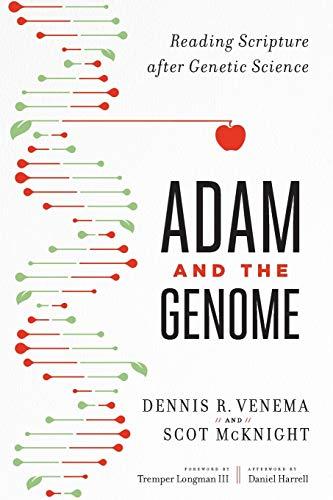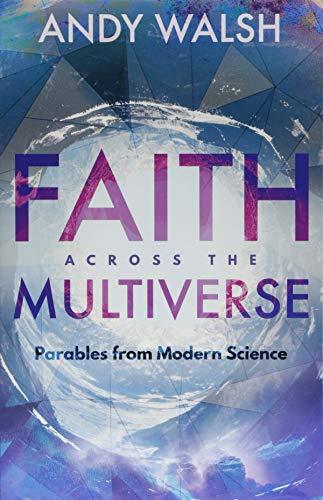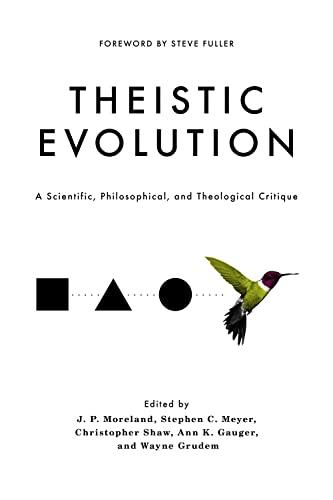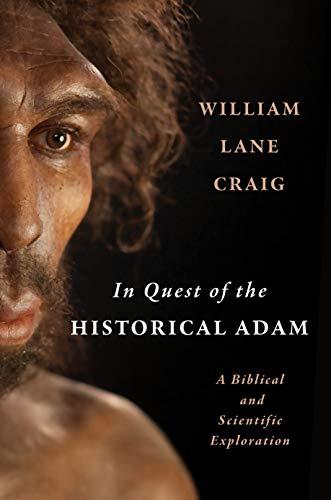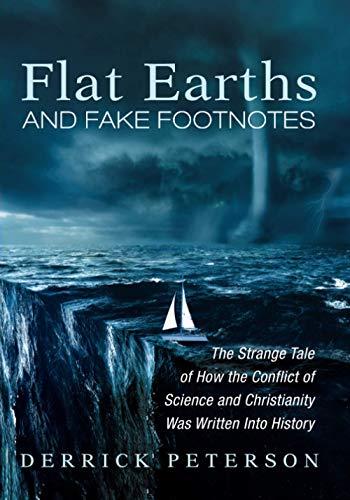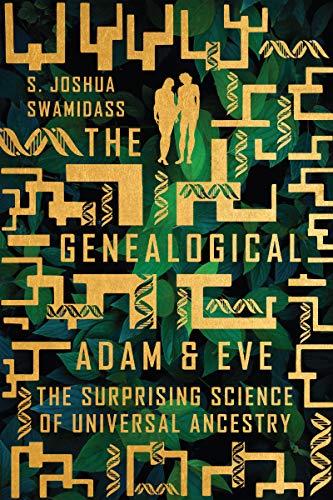

The science of genetic bottlenecks is known to many, but often misunderstood.

An exploration of the unique providential events (and nonevents) in the evolutionary lineage of humans

Exploring options for reconciling evolutionary science with the Bible, with a focus on Reformed theologies and hermaneutics.
Denis Lamoureux, an evolutionary creationist, found a math error in The Genealogical Adam and Eve. This mistake, and the rest, are corrected in the paperback version of the book.
An old-earth creationist explains how he changed is mind, surveyingthe shifts in young earth arguments over the last 50 years.
This is the history that young earth creationists do not want you to know about.
Four possible models of how humans came to possess their unique traits, in an imaginative old earth creationist book.
Want to make your new category of ‘scientists’ stand out? Make them shining beacons of knowledge against a backdrop of flat Earth ignorance—even if you have to invent that too.
In this essay we respond to the comments of Tom McCall, William Lane Craig, and Stephen C. Meyer on mere theistic evolution.
Likely the new director of the NIH, Jay Bhattacharya preaches on the Bible and COVID in 2022.

Reviewing Haarsma’s book, there are indeed “many ways” to reconcile evolution with the doctrine of sin…

Assessing whether the geology of the Grand Canyon is consistent with rapid formation under a young Earth, global flood model.

A physicist confesses that the electron is round and that Jesus rose from the dead. My own faith is informed by the evidence, but it is much more.

Evolutionary theory makes sense of cancer, giving us critical insight into how it works. Going the other direction, cancer makes sense of evolution too.
Does genetics challenge a single-couple origin to humanity? William Lane Craig explains how we found that this challenge was an illusion.

I’m a professor of nuclear science and engineering at MIT, and today, I am celebrating the resurrection of Jesus. So are dozens of my colleagues. How can this be?

Instead of narrowly arguing for our own theology, let us all advocate for truthful accounts of science and the full diversity of the Church. Peace.

Can a computer house a mind? How would we construct a computational mind? How would they know if they succeeded? These questions welcome all of us.

Martin Luther King, Jr. was one of the most impactful theologians of the 20th century, but most Christians have never read his work. Here is how to read him.

I went to Vanderbilt specifically to study the social determinants of health, specifically those related to outcomes of Black birthing folks.

Drawing on the history of ethics in medicine, perhaps Institutional Review Boards (IRBs) could be how we ensure AI is ethical and good.
Pierre Baldi has been applying Deep Learning, a type of AI, to study scientific problems, like protein folding. How is AI impacting science?

Entropy is unavoidable. But that doesn’t mean we have no choice about its consequences and who experiences them.

Have you ever been shipped off to a military academy as a preteen, only to find it’s an orbital platform with low gravity? How do you find a frame of reference to orient to those new surroundings?








